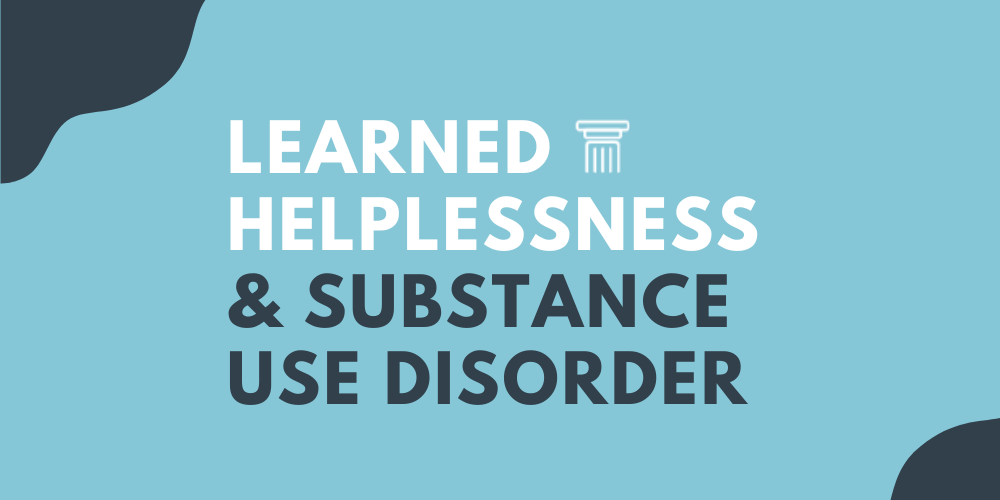It’s not always easy to make positive choices in life. Sometimes, these decisions feel impossible, especially if someone feels helpless in a situation. People naturally wonder if our circumstances can be changed and become discouraged when they face hardships. However, living in a state of learned helplessness is often debilitating and can contribute to the development and perpetuation of substance use disorders.
What Is Learned Helplessness?
According to the American Psychological Association (APA), learned helplessness occurs when a person grows up in an environment where they have no control over their life. In response, they lack the motivation to try to make changes to their situation. This carries over into the future as they believe that they can’t alter their circumstances even after leaving that type of environment.
For example, someone who experienced abuse as a child may internalize the feeling that their actions don’t matter. Regardless of how they act towards their abuser, the abuse continues, so they begin to believe that they have no control. As an adult, they carry over this belief even after the abuse has stopped, or they are no longer in that environment. This leads to learned helplessness where they believe they are incapable of making changes that have an impact. As a result, many develop mental health and substance use disorders.
How Learned Helplessness Impacts Substance Use
Those who have a substance use disorder and have developed learned helplessness frequently struggle to manage their diagnosis. One of the foundations of recovery is a willingness to choose a different path. Anyone who feels like their actions won’t affect their situation will have difficulty making positive choices. They may feel that even if they stop drinking or using, it won’t have any effect on their life or well-being, and this is a difficult cycle to break. Choosing sobriety is never easy, and it’s often hopefulness for the future that creates motivation to begin this journey of recovery.
Combatting Learned Helplessness in Recovery
Any type of persistent behavior is difficult to overcome, but it’s not impossible. Learned helplessness in recovery is especially challenging because there is a high level of trust necessary in the process. However, anyone can combat these responses and retrain their instinctive responses. Here are some practical tips for overcoming these ingrained responses:
- Build Confidence: While uncontrollable circumstances are a fact of life, there are plenty of ways to build confidence each day. Deciding to try a new hobby, spend extra time on self-care, or eat nutritious meals represents more than a series of simple choices. Regularly flexing one’s decision-making skills can provide a path to self-efficacy: the knowledge that a person’s behavior can change the world around them.
- Challenge Negative Thoughts: It’s easy to get caught up in “what if” thinking and catastrophizing. Going to the worst-case scenario of a situation perpetuates negativity and the belief that actions won’t alter the circumstances. Challenging negative thoughts with the statement, “What if everything went right?” instead of “What if things go wrong?” provides an opportunity to explore a positive outcome. This helps retrain thinking that a situation is beyond help.
- Find a Support Person: Making changes independently isn’t easy, especially if someone feels like their decisions don’t matter. Finding someone to trust and enlisting their help can make this less intimidating. A willingness to communicate how difficult this process is and asking for support creates necessary accountability. This can be a sponsor, accountability partner, or a close friend who is willing help increase motivation to move forward.
Learned Helplessness and Substance Use Disorder Treatment
Starting your journey of recovery requires trust, confidence, and hope for a changed future. Combatting learned helplessness in this process creates a new level of challenges, but you can still begin to make adjustments to your life. At Pillars Recovery, our residential treatment program helps you pursue sobriety within a supportive and safe environment. We help you address these feelings and show how your choices can make a difference in your life.
Being within a community of those in recovery provides encouragement and accountability. Our individual therapy gives you space to challenge your negative thoughts and develop healthy coping skills to combat these ingrained beliefs. If you want to choose a life of sobriety today, contact our admissions team to learn more about our program.







